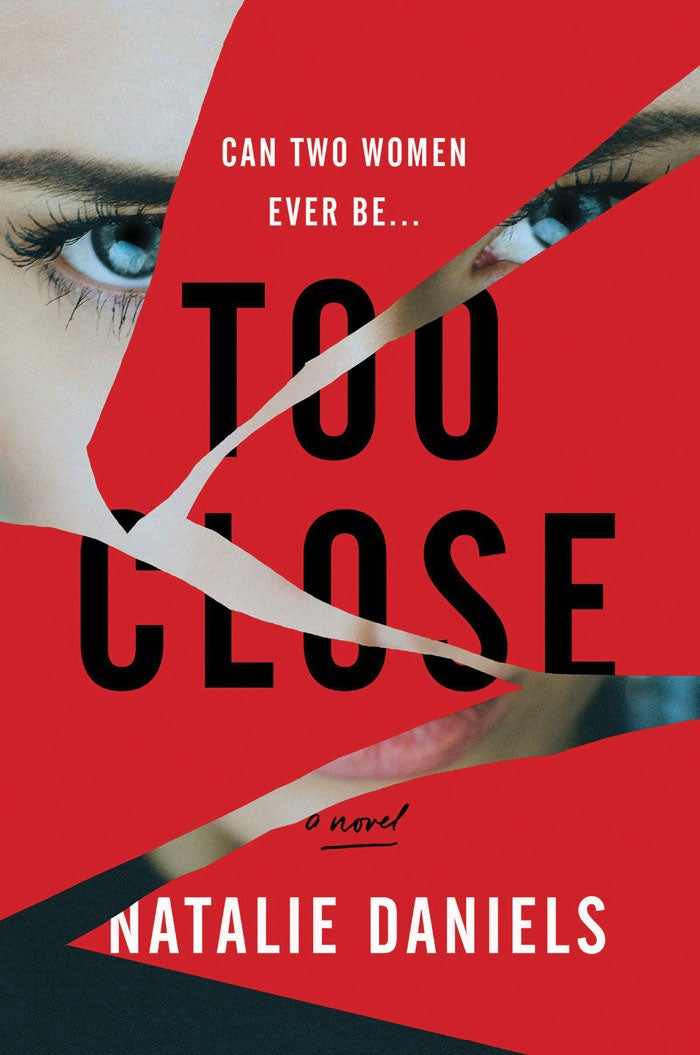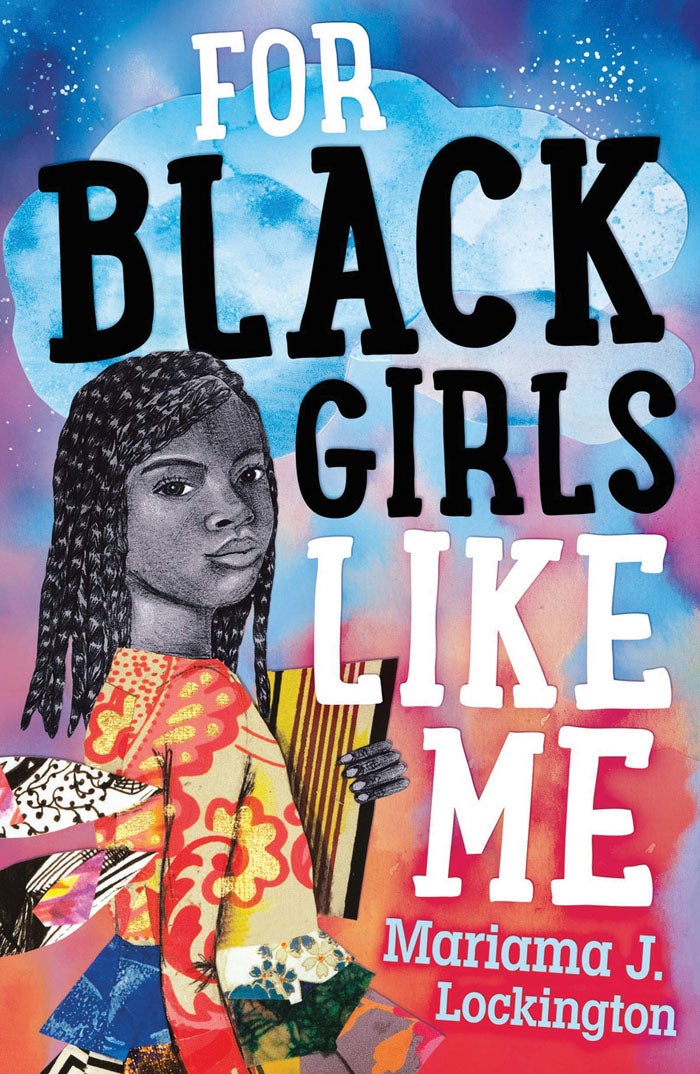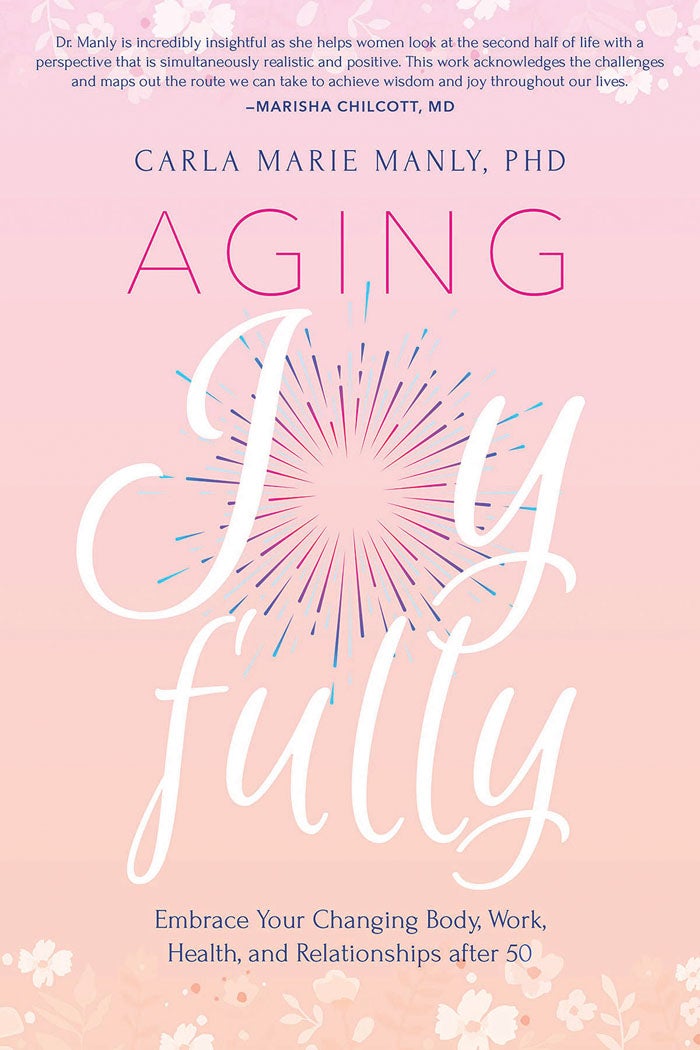Summer reading season not over yet
Published 12:00 am Thursday, August 1, 2019
By Deirdre Parker Smith
deirdre.smith@salisburypost.com
For parents and children in the Rowan-Salisbury Schools, summer is over, and much too quickly.
For the rest of us, we still have some time left, maybe one more trip to the mountains or the beach, maybe a lazy afternoon at home.
Many new books are published in the fall, to hit the Christmas shopping season — oops, yes, I said Christmas. In fact, there’s so much new out there, it’s hard to decide what to pick up.
Publishers Weekly is a sort of bible for booksellers and readers, and it is always reviewing new books.
Here are some of the books that earned a starred review in the most recent edition, with a couple of thrillers, along with timely non-fiction.
Stephen Hunter has his 12th installment of the Bob Lee Swagger novels, “Game of Snipers,” this one an international thriller involving Israel’s Mossad, the FBI and a lengthy discourse on guns and ammunition. Publishers Weekly says “Put this one on the shelf next to “The Day of the Jackal.” It’s that good.” Perfect for the male reader looking for an action-packed story.
“Too Close” is a debut novel by Natalie Daniels, (a pseudonym), and dives deep into the darkest secrets of two women. Connie, now horribly burned and with dissociative amnesia, is awaiting trial for a heinous crime she does not remember. Emma, a forensic psychologist, must gain her trust to find out if the amnesia is real or fake. Emma discovers a charming, warm woman who has flashes of hatred and pain. Connie and Emma alternate chapters, as each woman delves into their perceived sins and darkest secrets.
Iris Johansen steps away from her paranormal romantic suspense with a page turner involving Eve Duncan, her usual heroine. Journalist Jill Cassidy witnesses a massacre in an African village and hires Eve to reconstruct the faces of the 27 schoolchildren who were killed by rebel soldiers. Then Jill wants to see the face of Nils Varak, the mercenary responsible for the killings. She believes the government is involved in a cover-up, and that the body that is supposed to be Nils’ is not.
The dependable Lindsey Davis is back with “Capitol Death,” the seventh mystery featuring Roman informer Flavia Alba, fearless daughter of Marcus Didius Falco, who was featured in Davis’ earlier mysteries. This time, the emperor Domitian is set to return to Rome after a somewhat questionable victorious battle, and Tiberius Manilius Faustus, one of the workers preparing for the imperial triumph dies, seemingly by suicide. When a witness begs to differ, Flavia finds a number of people who wished the man dead, and has to deal with the violent moods of Domitian. Davis write a great whodunit and does a careful and precise job of integrating Roman history into her mysteries.
As the nation struggles with racism, Mariama J. Lockington has written a middle grade novel, “For Black Girls Like Me,” the story of Makeda Kirkland, a black girl adopted by a white family. When her cellist father and former violin prodigy mother move to Albuquerque, Makeda loses her best friend, and must cope with racism at school. She dreams often of her birth mother and a family with skin that looks like hers. But her adoptive mother is becoming increasingly erratic, showing signs of mental illness. Here, Lockington “explores how fierce but ‘colorblind’ familial love can result in erasure and sensitively delineates the pain of facing casual racism, as well as the disconcerting experience of being the child of a mentally ill parent.” Recommended for ages 8-12.
Publishers Weekly gave starred reviews to two nonfiction works that address relevant issues. One is “The Twentysomething Soul: Understanding the Religious and Secular Lives of American Young Adults.” Long title, written by Tim Clydesdale and Kathleen Garces-Foley. Clydesdale is a sociologist, Garces-Foley a religious studies professor. They studied the spiritual beliefs and practices of adults in their 20s. They sent studies to 1,880 people, and that showed 71% of the twentysomethings said they were affiliated with a religion and it was an important part of their lives. Many young adults are known as “nones,” have no affiliation with any religion, but one out of four in that group occasionally attended religious worship services, while 20% say they pray weekly. Studies have shown church attendance and adherence to religious doctrines is on the decline, but an interest in spirituality is the same over time. The two describe young adults as “postmodern pilgrims,” free to choose religious, secular or spiritual paths.
“Aging Joyfully: A Woman’s Guide to Optimal Health, Relationships, and Fulfillment for Her 50s and Beyond” speaks to many of us. Psychologist Cara Marie Manly encourages women 50-plus to celebrate life’s experiences, rather than look back with regret. She suggests writing a letter to yourself listing all your regrets, then write a letter with hopes for the future. Beyond emotional health, she also offers advice on aging, exercise and watching food and alcohol consumption. But most importantly, she advises women not to accept disrespect due to age.







